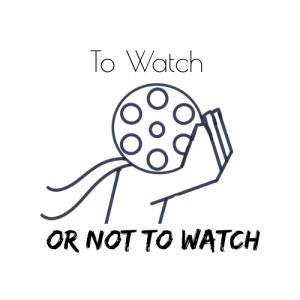Ten Productivity Tips for Remote Working

February 12, 2021
Working from home can be very difficult. There are more distractions, you are not in your usual work environment, and it can be hard to set standards for yourself. That said, there are many strategies, techniques and applications that can help you improve your productivity within minutes.
1. Create a schedule for yourself.
Staying on track can prove to be a challenge, especially if you do not have a solid plan to follow. But if you have a daily or weekly schedule of when you are going to complete certain tasks, they can become easier to manage. Google Calendar is a very helpful tool for making a schedule because you can assign yourself a specific day or time of day to complete your assignments.
2. The Pomodoro Technique.
The Pomodoro Technique is a method created by Francesco Cirillo to help people manage their time better. Usually under the Pomodoro method, work times are divided into 25 minute segments with brief breaks in between. This technique is useful to combat procrastination and to focus on one assignment without multitasking or getting distracted.
As a student in college, Francesco Cirillo created the pomodoro technique. The word “pomodoro” originates from the Italian word tomato, and Francesco used a tomato shaped timer.
3. Google Keep.
Another helpful tool for productivity and organization is Google Keep. Google Keep is a very helpful application because you can create different colored lists and check off an activity once it has been completed. You can add images, links and collaborate with others. There is also a dark mode which is less strenuous on the eyes. 
4. Take breaks.
Taking breaks is something that most people are often told to do, and that’s because it is vital to step away from your work every once in a while. Working for extended periods of time can cause many issues including increased stress and fatigue, and it may even affect you socially. Also, if you are struggling to work on something, it can be very beneficial to put it away for a little bit and then return to your task with a fresh mindset.
5. David Allen’s Two Minute Rule.
David Allen is a productivity consultant, and he developed a productivity strategy called “the two minute rule.” Essentially, if there is an assignment or activity that will take very little effort or a short amount of time, just do it and get it out of your way.
6. Minimize distractions.
One of the major roadblocks that prevents productivity throughout your work day is the tendency to become distracted. To make the most of your time you should try to remove all unnecessary distractions from your workspace. This could include leaving your phone in a different room or on silent, turning off bothersome music, putting away books, and leaving the TV remote somewhere else.
7. High priority vs. low priority.
It can be helpful to divide your work into smaller, more manageable pieces and sort them into high priority, mid-priority, and low priority tasks. Then, you can complete these tasks in order of importance. These priorities can be determined by due dates, difficulty, the time it will take to complete the assignment, and how many points the task it is worth in school.
8. Commit and forgive.
When trying to complete a task, it is important to commit yourself to it so you stay on track and maximize your time. However, it is crucial to be respectful of your limits and forgive yourself for making mistakes. There are no benefits to beating yourself up and you will only hinder yourself and your work ethic.
9. Work in new locations.
For some people, changing your workplace can be beneficial and can help reset your mental attitude. Even if you are transitioning from your room to your kitchen, changing where you are working can help refresh your mind and may help you feel like you are not quite so confined to your home.
10. Set goals.
Setting daily and / or weekly goals can be useful because it helps you plan out exactly what you want to accomplish and makes it easier to organize your daily or weekly routine. It is also important to set reasonable goals, because if you put down something that you cannot achieve in the allotted time, it will only cause frustration. Instead, think about how you can progress and how to keep your goals realistic.
These techniques, strategies and applications can help you to be more productive and better manage your time during these remote times. Procrastination and working for long periods of time can cause many mental, physical, and social issues, but these productivity tactics will help you organize yourself and use your time wisely.








